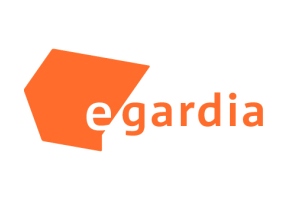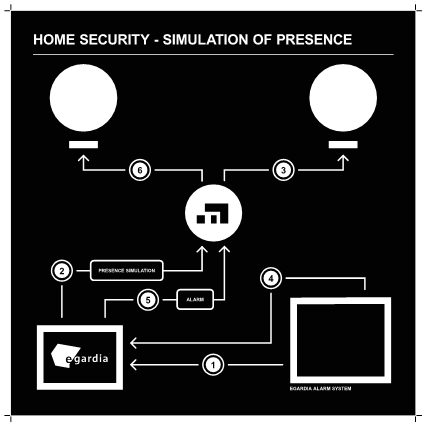mozaiq expands Egardia alarm system connected to smart bulbs to simulate presence

Home security specialist Egardia has joined the mozaiq market to offer its smart security solutions. This means the alarm systems andother smart security products from the Dutch company will soon be available for integration into new service models.
At the same time, mozaiq has enabled connection of additional smart bulbs with the Egardia system, expanding and enhancing the manufacturer’s “Egardia works with…” portfolio.
mozaiq operates in the background to ensure that the devices of different companies work together smoothly in the Internet of Things (IoT) landscape. Egardia will be available on the mozaiq market starting 01 October 2018.
Burglary prevention through clever home security
Using IoT-enabled smart bulbs, Egardia can visually simulate presence, e.g. by automatically imitating the manual operation of lights when the user is actually not at home.
When the user leaves the house and activates the alarm system, people outside will see that the lights are being activated in the evening after sunset and again in the morning before sunrise.
Red light at break-in
In the event of unauthorised access or burglary, the Egardia system triggers an alarm. The resident and, optionally, a security service or a neighbour are then immediately informed. Through mozaiq, the alarm message is also immediately sent to the smart bulbs.
A visual alarm makes sure the intruder knows at once that the break-in has not gone unnoticed, while outside the light show attracts the attention of others in the neighbourhood. In addition to smart bulbs, Egardia plans to connect further devices to the security system via mozaiq.
Statistics
Alone in 2017, 116,540 residential burglaries were reported in Germany. According to police crime statistics, only around one in every four burglaries is solved. The total loss resulting from these crimes in recent years amounts to between €400 and €500 million.
Comment on this article below or via Twitter @IoTGN
